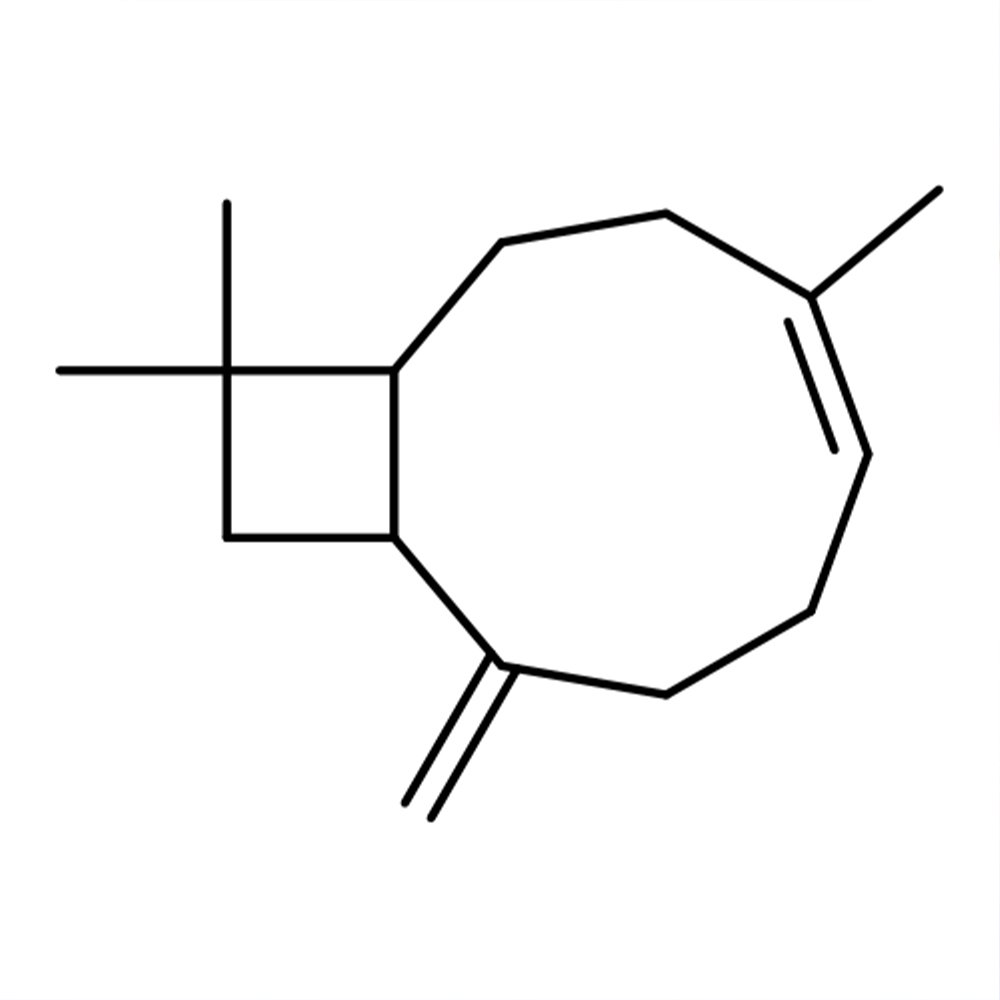Nutmeg Oil
Premium Natural Ingredient for Perfumery
Nutmeg Oil is a steam-distilled essential oil obtained from the dried seeds of Myristica fragrans. It features a warm-spicy, sweet-aromatic profile with terpenic top notes and a woody, balsamic dry-down. Used in perfumery to add depth, character, and vibrancy to spicy, chypre, floral, and fougère accords, Nutmeg Oil bridges aromatic brightness and sensual warmth. Preferred in both masculine and fantasy compositions, it performs as a volatile top note with mid-phase persistence.
Premium Natural Ingredient for Perfumery
Nutmeg Oil is a steam-distilled essential oil obtained from the dried seeds of Myristica fragrans. It features a warm-spicy, sweet-aromatic profile with terpenic top notes and a woody, balsamic dry-down. Used in perfumery to add depth, character, and vibrancy to spicy, chypre, floral, and fougère accords, Nutmeg Oil bridges aromatic brightness and sensual warmth. Preferred in both masculine and fantasy compositions, it performs as a volatile top note with mid-phase persistence.
Premium Natural Ingredient for Perfumery
Nutmeg Oil is a steam-distilled essential oil obtained from the dried seeds of Myristica fragrans. It features a warm-spicy, sweet-aromatic profile with terpenic top notes and a woody, balsamic dry-down. Used in perfumery to add depth, character, and vibrancy to spicy, chypre, floral, and fougère accords, Nutmeg Oil bridges aromatic brightness and sensual warmth. Preferred in both masculine and fantasy compositions, it performs as a volatile top note with mid-phase persistence.
Natural Ingredient Overview
🔎 Botanical Name: Myristica fragrans
🏭 Producer: Indonesia, Grenada, India, Sri Lanka
📂 CAS N°: 84082-68-8 / 8008-45-5
⚖️ MW: Not applicable (complex mixture)
📝 Odor Type: Spicy, Aromatic
📈 Odor Strength: Medium-high
👃🏼 Odor Profile: Terpenic, sweet-spicy, warm; woody undertones in drydown; reminiscent of sweet marjoram
👅 Flavor Profile: Warm, slightly bitter, spicy; terpeneless oils preferred for flavor use
⚗️ Uses: Spicy top note, aromatic modifier, masculine colognes, aldehydic and chypre bases
🧴 Appearance: Pale yellow to almost water-white liquid
♨️ Impact: Top-note
What is Nutmeg Oil?
Nutmeg Oil is extracted by steam or steam-and-water distillation from comminuted, dried nutmegs. The best raw material originates from East Indian "Padang" nutmegs, prized for high aromatic value and solubility. Oils are typically distilled after removal of fixed oil (glyceryl myristate) to improve aromatic yield. Nutmeg Oil is composed of monoterpenes (α-pinene, sabinene), oxygenated compounds (myristicin, elemicin, safrole traces), and aromatic ethers.
The oil is valued for its spicy-woody complexity and warm sweetness that bridges top and middle phases of a perfume structure.
Olfactory Profile & Perfumery Applications
👃🏼 Odor Description: Light, terpenic freshness at the top; evolves to sweet-warm, spicy, and subtly woody tones. In high-quality oils, the drydown retains softness with herbal and balsamic hints.
⚗️ Functional Role:
Adds spicy brilliance to citrus and aldehydic heads
Deepens herbal blends (e.g. with lavandin, bay leaf)
Provides a warm center to fougères, orientals, chypres, and fantasy florals
Used in men’s fragrances, aftershaves, lotions, modern “spicy” perfumes
🧴 Blends well with: Amyl salicylate, oakmoss, linalool, lavandin, methyl cinnamic aldehyde, Peru balsam, coumarin, deer tongue extract
Industrial & Technical Uses
Nutmeg Oil is used in:
Functional perfumery (e.g., deodorants, aftershaves)
Natural-style colognes and orientals
Flavor formulations (terpeneless oil preferred): spice blends, soft drinks, meat sauces, ketchup
Aromatic masking agents: suppresses sulfur odors in food and environmental applications
Flavor threshold: 0.5–1.0 mg% (East Indian oils); terpeneless variants show lower thresholds due to increased water solubility of oxygenated compounds.
Chemistry & Components
Major constituents: Sabinene, α-pinene, β-pinene, limonene, terpinen-4-ol, myristicin
Myristicin: Aromatic ether with insecticidal and hallucinogenic potential; also under toxicological review for possible neuroactivity and cytotoxicity
Safrole: Present in trace quantities; regulated in food use due to potential carcinogenicity
Adulteration risks: Myrcene, terpinolene, camphene, melaleuca oil, myristicin-rich substitutes
Regulatory & Safety Overview
IFRA: Permitted; use limits may apply based on myristicin/safrole content
EU Allergens: May contain eugenol, linalool, limonene, depending on origin
FEMA: Listed for flavor use; terpeneless variants preferred
ECHA (REACH): Not classified as hazardous in standard perfumery grades
Toxicology:
Myristicin may be toxic in high concentrations; safe in trace levels as found in natural oil
Not classified as sensitizer at typical use concentrations
Potential CNS activity in isolated or synthetic forms (e.g., MMDA synthesis)
⚠️ Recommended usage with awareness of regional safety and food flavoring regulations (especially for safrole content).
Additional Information
🌍 Origin: Indonesia (Padang), Grenada, India, Sri Lanka, China (Yunnan), Caribbean
🧪 Extraction: Steam or steam-and-water distillation; sometimes preceded by fixed oil expression
🧾 Mace Oil: Derived from the aril surrounding the seed; similar olfactory profile, often not distinguished in perfumery
🐛 Note: "Worm-eaten" nutmegs may yield more essential oil due to loss of fixed oil but are considered lower quality
Sources
Fulvio Ciccolo, 2020
Perfume and Flavor Materials of Natural Origin – S. Arctander (1961)
Myristica fragrans – Flora of China, GRIN USDA, Agroforestree Database
Toxicological & pharmacological literature on Myristicin and MMDA derivatives
ECHA Substance Information
FEMA GRAS Database
Peer-reviewed botanical and chemical safety sources






